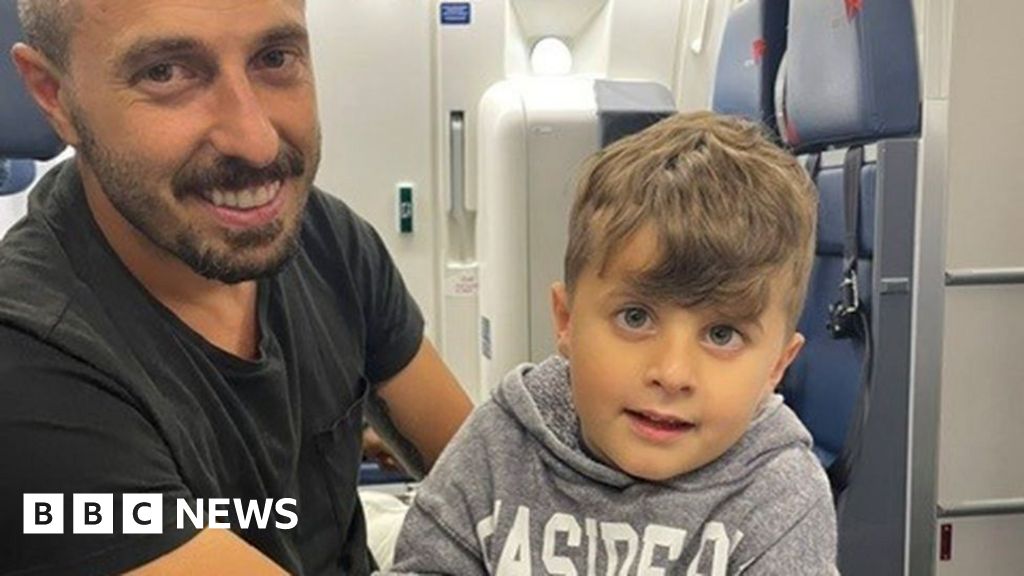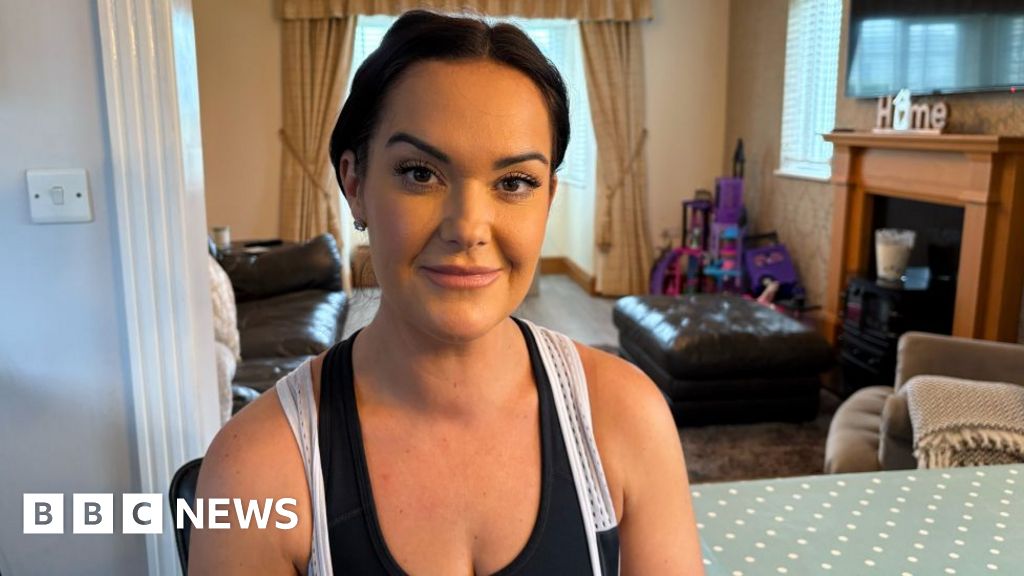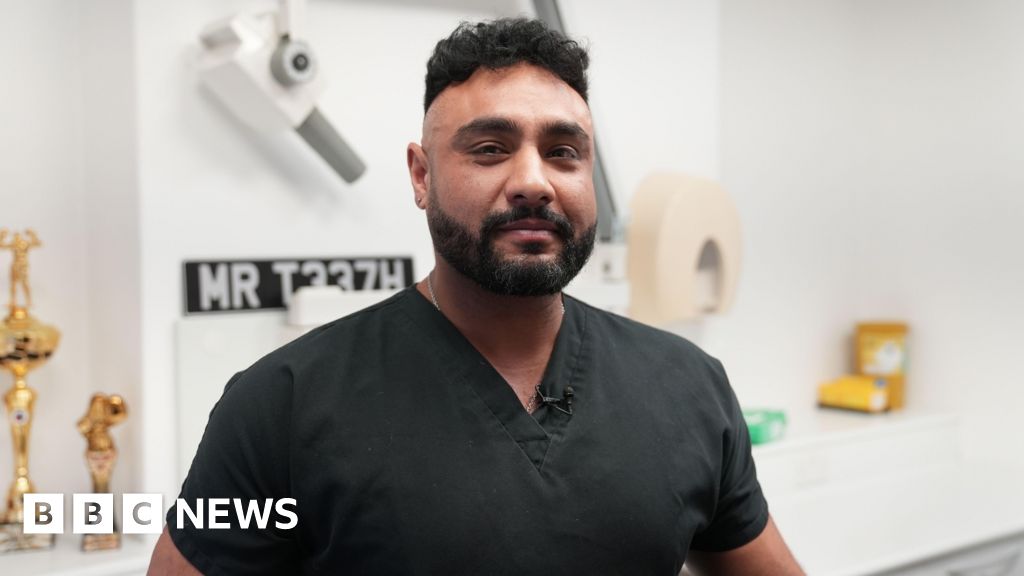
 Getty Images
Getty Images
There are a record number of patients in hospital with Norovirus in England.
Data from NHS England showed 1,160 patients a day were in hospital with the vomiting bug on average last week – double the level at the same period last year.
It comes after a 22% rise on the week before, pushing it to the highest level since records began in 2012. It means more than 1% of beds are occupied by patients ill with the bug.
But Norovirus puts added pressure on hospitals because of the need to isolate and clean infected wards – nearly 300 empty beds a day were taken out of action because of this.
Flu cases continue to fall, however, with just over 1,700 beds occupied by patients with the virus.
Horrible bug
NHS England medical director Prof Sir Stephen Powis said: "It is concerning to see the number of patients with Norovirus hit an all-time high and there is no let up for hospital staff who are working tirelessly to treat more than a thousand patients each day with the horrible bug, on top of other winter viruses.
"To help stop the spread of Norovirus, it is important to remember to wash your hands frequently with soap and water and avoid mixing with other people until you have not had symptoms for two days."
Most healthy people recover from Norovirus in a few days, but it can cause serious problems in vulnerable people and young children.
One problem is that it spreads very easily - with just a few viral particles needed to infect someone - for example through close contact with someone who has the virus, or by eating food prepared by someone with it.
It can also stick around on surfaces so it is thought likely some of the cases will be patients who have caught it in hospital.
What to do if you have Norovirus
- Stay at home and do not return to work or school until two days after the vomiting and diarrhoea has stopped
- Drink plenty of fluids
- Wash your hands regularly with soap and water
- Many household disinfectants do not work well against the virus and nor do alcohol hand gels
- If you are concerned - for example if a young child is not able to keep fluids down or the illness does not stop after a few days - make sure you seek medical advice
Source: NHS

 German (DE)
German (DE)  English (US)
English (US)  Spanish (ES)
Spanish (ES)  French (FR)
French (FR)  Hindi (IN)
Hindi (IN)  Italian (IT)
Italian (IT)  Russian (RU)
Russian (RU)  1 day ago
1 day ago






















Comments